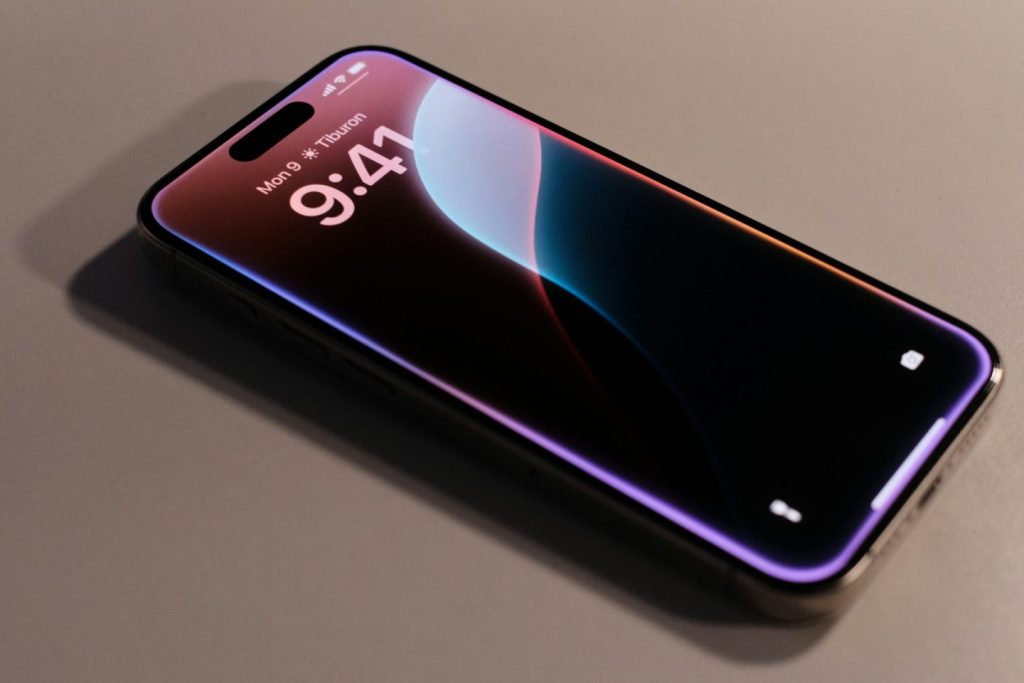Apple is taking its time with AI. While most tech companies are racing to push out AI features as fast as they can, Apple is doing the opposite. Its big announcement – Apple Intelligence – won’t arrive for most users until 2026. That’s a long delay in a market where speed seems to matter more than quality. But maybe that’s the whole point.
At this year’s WWDC, Apple showed off new AI features tied to Siri, writing tools, and app suggestions. It called the bundle “Apple Intelligence,” but those tools won’t be widely available any time soon. For now, they’re limited to beta users on select devices in the US. The rest of the world will have to wait. According to Macworld, even early access to Apple Intelligence is expected to be restricted, and many users may not see the features until iOS 18.4 (at the earliest) in 2025. A wider release could slip into 2026.
Not falling behind – just not rushing in
To some, the delay looks like Apple falling behind. OpenAI has already rolled out GPT-4o, Google is squeezing Gemini into Android, and Microsoft has pushed Copilot into Office, Windows, and pretty much everything else. Compared to that, Apple seems slow.
Apple tends not to ship bad software. It delays when things aren’t working. The company has a long history of waiting until something is polished before pushing it out. That kind of caution can be frustrating, but it also avoids something worse: giving people tools that don’t work properly.
Meanwhile, competitors ship bugs
Plenty of companies don’t seem to care about quality. Microsoft’s Copilot, for example, often gives wrong answers, makes up citations, or produces junk text. ChatGPT has its own set of problems, from hallucinating facts to giving inconsistent results. Even tools like Claude or Gemini, which show promise in short bursts, tend to fall short on long-term tasks or anything that needs precision.
Ask developers what it’s like using AI to write production code, and you’ll often hear the same message: it works fine for code snippets or boilerplate, but it’s more work than help when it comes to complex projects. Fixing AI-written code often takes longer than writing it from scratch.
Apple’s delay might be the smarter play
An opinion piece from TechRadar captured the consumer viewpoint. The author said they were glad Apple delayed Siri’s AI overhaul, arguing that the current generation of AI isn’t good enough. They said we often have the AI discussion backwards – we assume the tech is ready, and criticise companies for being too slow. But what if the tech just isn’t there yet? Apple’s delay might not be a flaw; it might be the only rational move.
Apple seems aware of this, making a lot of noise about being “excited” by AI, but it hasn’t forced it into every product, flooding iOS with half-baked tools. It hasn’t promised that Siri will be your new work assistant, for example. And while it may talk up the potential, it’s also been quiet about timelines.
Playing the long game
Some would call that playing it safe, but there’s another way to look at it. Maybe Apple doesn’t actually believe the current wave of AI is ready? Maybe it’s not convinced the technology will hold up under real pressure. So it’s watching the chaos from a distance.
And there’s plenty of chaos to watch. Companies are rolling out AI products that don’t work as advertised. Security issues, bad output, and inflated expectations are becoming common. Behind the scenes, many AI companies are burning through cash trying to make their models useful. If the bubble bursts, Apple gets to say it never went all-in.
Wait, watch, then act
That might not be a bug in the company’s strategy or problems in production: It might be the company’s strategy.
If users grow tired of AI that doesn’t deliver, Apple comes out looking smart for not jumping in too fast. If the tech improves and becomes reliable, Apple can still step in with a product that feels stable and is reliable.
This kind of delay has worked for Apple before, not launching a smartwatch until years after others tried. In the tablet market too, it wasn’t the market leader, but ended up setting the standard once involved.
With AI, Apple might be trying the same thing. Let everyone else test the limits, hit the walls, and suffer the backlash. Meanwhile, Apple learns from their mistakes, avoiding rushing out tools that make headlines for all the wrong reasons.
No rush required
It also helps that Apple doesn’t need to hype itself to stay relevant. It already controls the hardware, the OS, and the app store. It can roll out AI when it wants, how it wants, without chasing investor attention.
Of course, there’s always a risk in waiting too long. If AI tools do become reliable and useful across the board, Apple might miss the shift, but as of now, that shift hasn’t happened, with tools out there still struggling with accuracy, nuance, and consistency.
Getting it right beats being first
So maybe Apple is right to wait. Maybe the smartest move in this hype cycle is to do less.
“If Apple’s slow and cautious AI rollout results in something actually useful, that’s a win,” TechRadar says. And if it doesn’t? At least Apple didn’t spam the market with tools that waste everyone’s time.
In a tech cycle full of broken promises and half-working products, doing nothing might be the boldest move Apple could make.
(Photo by appshunter.io)
See also: Apple loses key AI leader to Meta

Want to learn more about AI and big data from industry leaders? Check out AI & Big Data Expo taking place in Amsterdam, California, and London. The comprehensive event is co-located with other leading events including Intelligent Automation Conference, BlockX, Digital Transformation Week, and Cyber Security & Cloud Expo.
Explore other upcoming enterprise technology events and webinars powered by TechForge here.

